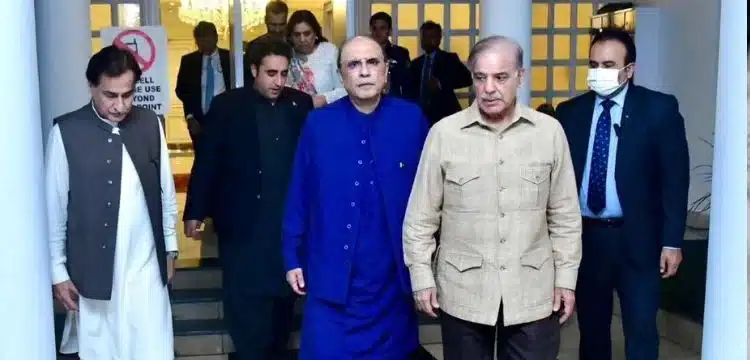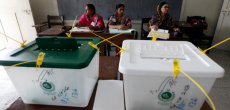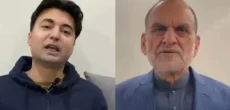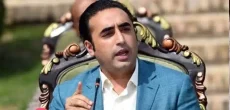[vc_row][vc_column][vc_column_text dp_text_size=”size-4″]In Islamabad, the Pakistan People’s Party (PPP) is actively engaged in discussions with the Pakistan Muslim League-Nawaz (PML-N) and other coalition partners to establish a collaborative government. However, a pivotal condition for the PPP in these negotiations is securing the premiership to counter potential support for independent candidates backed by the Pakistan Tehreek-e-Insaf (PTI).
The PML-N has initiated dialogues with the PPP, Jamiat Ulema-e-Islam (JUI), and Muttahida Qaumi Movement-Pakistan (MQM-Pakistan) to explore possible alliances. As discussions unfold, the PML-N has put forward an enticing proposal to the PPP, offering key positions such as the presidency, National Assembly speakership, and Senate chairmanship. These positions are part of an effort to garner support for the formation of governments at both the federal and provincial levels, particularly in Punjab.
Read more: Eight Independents Align With PML-N Post-2024 Elections
Media reports have indicated ongoing deliberations between the PPP and PML-N, as the two parties navigate the complexities of forming a unity government. The February 8 elections resulted in no single party securing a simple majority, prompting these negotiations to determine the future political landscape.
In a bid to sweeten the deal, the PML-N has extended an offer of three constitutional positions to Asif Ali Zardari, the leader of the PPP. This strategic move is aimed at securing support in both the central government and the province of Punjab. Additionally, sources familiar with the developments have suggested that the PML-N proposed the deputy chief minister position or the role of senior minister in Punjab to further strengthen the alliance.
Following a comprehensive discussion in a high-level meeting, the PML-N and PPP have agreed to persist with negotiations. The commitment to ongoing talks underscores the importance both parties attach to reaching a consensus on the modalities of government formation and addressing the absence of a clear majority in the recent elections. The intricacies of these discussions will likely shape the future political landscape in Pakistan, as alliances are forged and key positions negotiated to establish a stable and functional government.[/vc_column_text][/vc_column][/vc_row]











